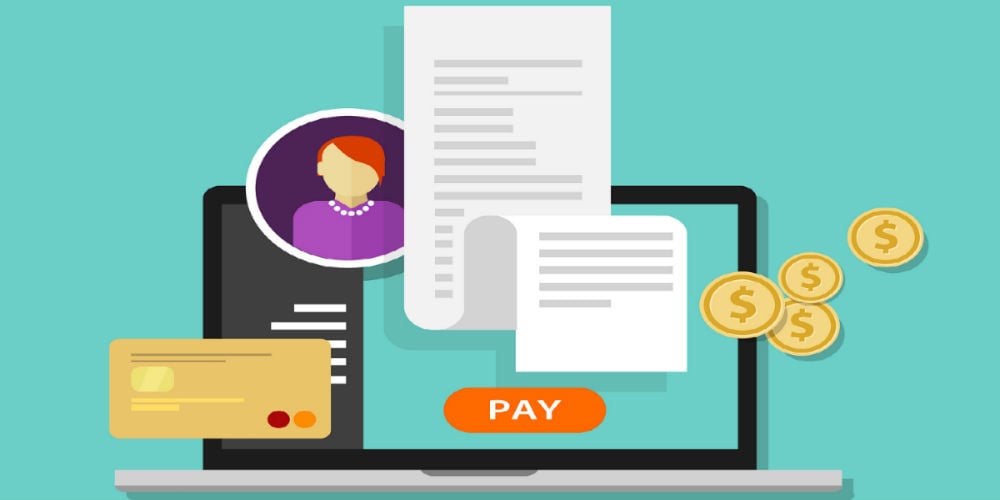Dear NCLC: Members like eStatements – just like other mobile-banking functions

Last month, the National Consumer Law Center (NCLC) released a report on Paper vs. eStatements, touting the benefits of print statements for consumers … and inveighing against financial service providers’ “coercive” measures to get their customers to sign up for eStatements. Here are a few of the NCLC’s indictments:
- “Some [institutions] have very deceptive messaging that leads consumers to click a button not realizing it means the consumer is [unenrolled] from paper statements.”
- “Pushing older consumers to access accounts online [makes] them more vulnerable to scammers.”
- “Millions of Americans [can’t access eStatements because they] lack meaningful access to broadband.”
- “Banks may not retain [eStatements] as long as consumers will need them.”
- “Financial institutions are aggressively pushing consumers into electronic statements, using tactics that are questionable and arguably illegal.”
The report ends with a call to action, urging the CFPB to prohibit financial institutions, credit card companies and others from making eStatements the default.
Hmmm. I haven’t checked to see if the fine folks at the NCLC own a paper mill. Neither do I know if they’re worried trees will take over the earth. But for a research report to categorize the financial industry as “coercive,” “aggressive,” “pushy” and “deceptive” because we work to keep up with customers’ desire for convenience is irresponsible, maybe even slanderous.
Paper or plastic? Customers get to choose.
I’m won’t debate the “findings” in the NCLC’s silly report point by point; it isn’t worth the effort. But I will voice my opinion that eStatements and other easy-access bank services are helping to meet consumers’ desire for banking anyway they want it – and I hope others in the banking community will do the same.
NCLC claims consumers are more likely to peer over a piece of paper they receive in the mail a couple of weeks after the end of the month than they are to click an alert on a mobile phone (which, by the way, they can always print out.) This kind of logic could make a case that sundials are better than watches because you don’t have to strap them to your wrist. Maybe we also should trade lightbulbs for wax candles.
Citing a 2015 CFPB report about credit card statements, the NCLC says about half the people who opted-out of paper statements had never accessed a digital copy. From this we conclude those same people would read those statements if only they were on paper?
Lastly, the report referenced a Pew Research Center study, which reported half of lower-income Americans lack access to broadband service. Yet the same Pew research found that broadband is being abandoned by consumers across the demographic spectrum “because their smartphone lets them do all they need to do online.”
I don’t take the problem of digital divide and low-income consumers lightly; but it’s important to point out that a growing number of adult Americans favor mobile banking activities – from making deposits to transferring money, and from checking balances to paying bills and receiving eStatements – regardless of socioeconomic levels. Pew says one in three U.S. adults owns a smartphone, 57% of whom only use mobile banking. Further, a 2015 KPMG mobile banking report found that the smartphone has surpassed all other channels for bank transactions. And the 2015 Federal Reserve study on consumers and mobile financial services reported that smartphone usage for banking activities remains high and consistent regardless of income and ethnicity.
The NCLC says many financial institutions charge too much for mailed statements. Maybe, but those we’ve worked with tend to assess small fees or none at all. And fees are often waived for low-income customers.
Give them what they want
The fact is, whether customers walk into your bank branch, go online or use their phones, the number of people who prefer eStatements is growing – many even request the service! Reasons vary, but high on the list are convenience, safety and saving trees. The Natural Marketing Institute found last year that the environment matters a great deal to consumers – so much so that concern for the earth reached an all-time high over the last five years. When given a choice, more than half favor companies with green technologies and sustainable practices. Millennials, in particular, view earth care as a value that should be incorporated into all policymaking.
At DigitalMailer, our clients frequently tell us many of their customers ask to cut out the paper. And they must mean it; why else would our company deliver more than 10 million eStatements and eNotices a year?
P.S. Celebrate both Arbor Day and Earth Day this month!

